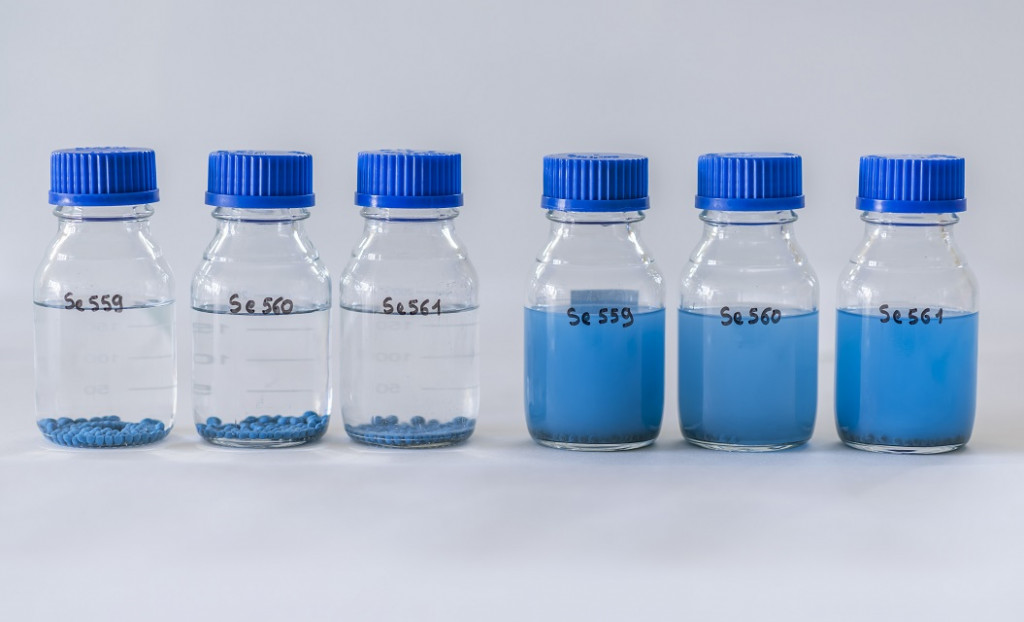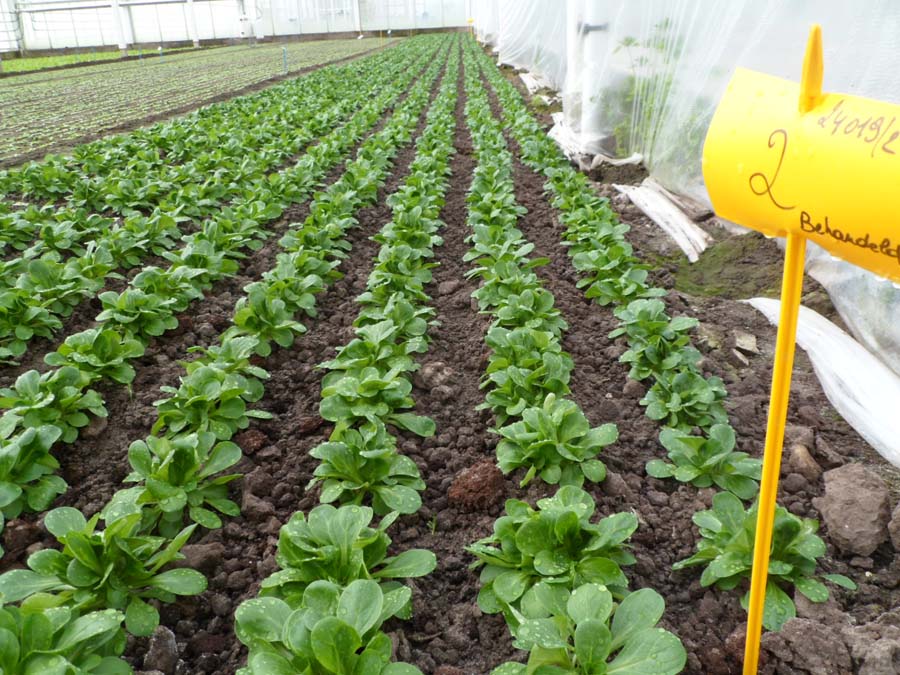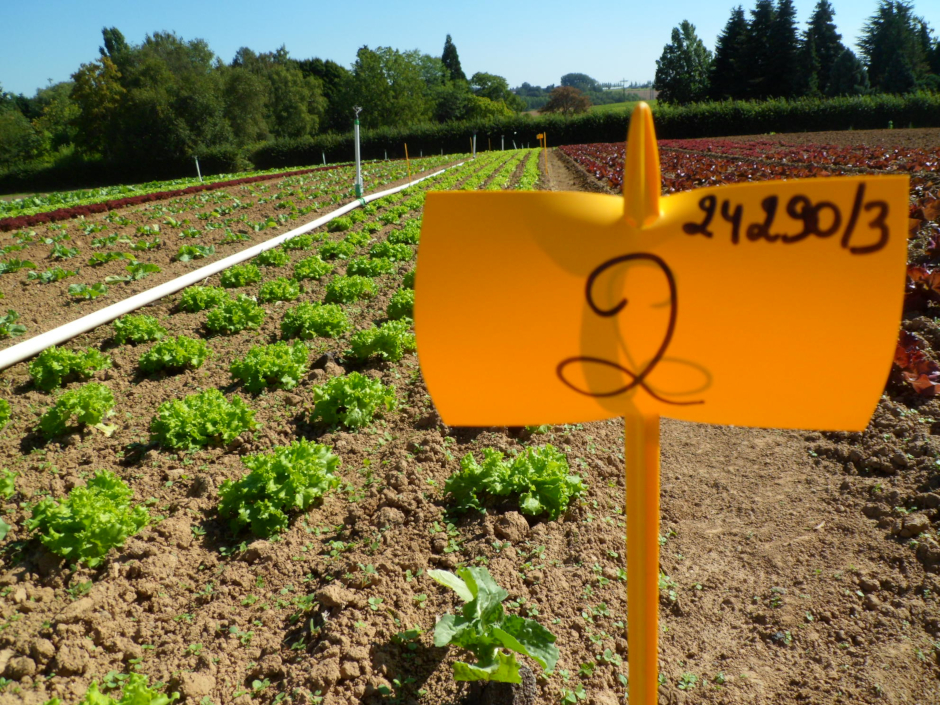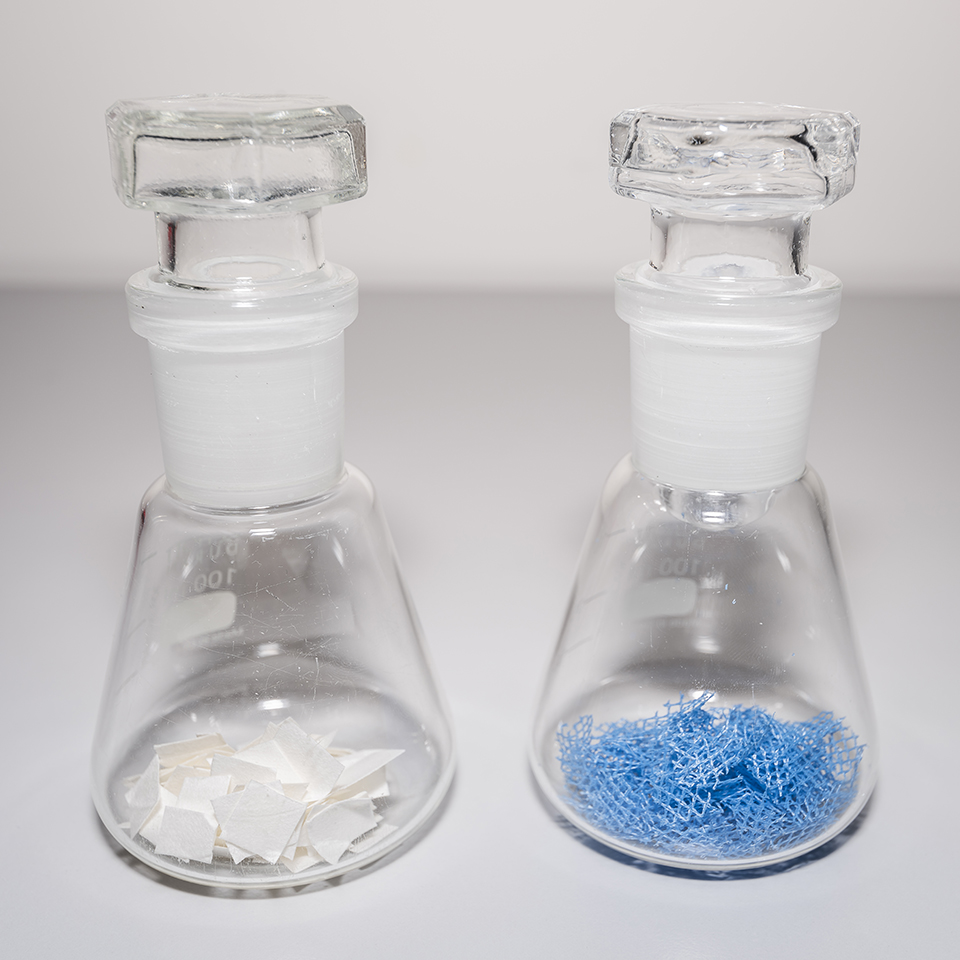Approximately every two years, the German Sugar Beet Research Institute (IFZ) sends the CRA-W and other European laboratories a series of beet seed samples to be analysed according to one or more well-defined methods. These analyses are used in the development and standardisation of a high performance liquid chromatography method by which several fungicides and insecticides used on treated seeds can be analysed. The aim of these studies is to test the method in the choice of extraction solvent, extraction technique and chromatographic determination, in order to obtain a method that can be used to determine the maximum number of active substances with optimum accuracy and precision.
The CRA-W once again participated in the Round Robin Test organised by the IFZ in 2021.
For many years, the CRA-W has been conducting physical and chemical studies to provide the data required for the registration of seed treatment products, not only in the case of beet, but for an entire series of cereal and vegetable seeds. The quality of seed treatment is checked using the following tests: dust content, adhesion and average content of active substance on the seeds, distribution of active substance from seed to seed, and stability of active substance on seeds after storage.
Analytical methods are developed and optimised at each stage of PPP extraction and chromatographic determination. They are then validated in accordance with European and international requirements. These methods are then used to assess the quality of seed treatments within the context of product approval, and also to check commercial seeds or experiments on the effectiveness of products.










